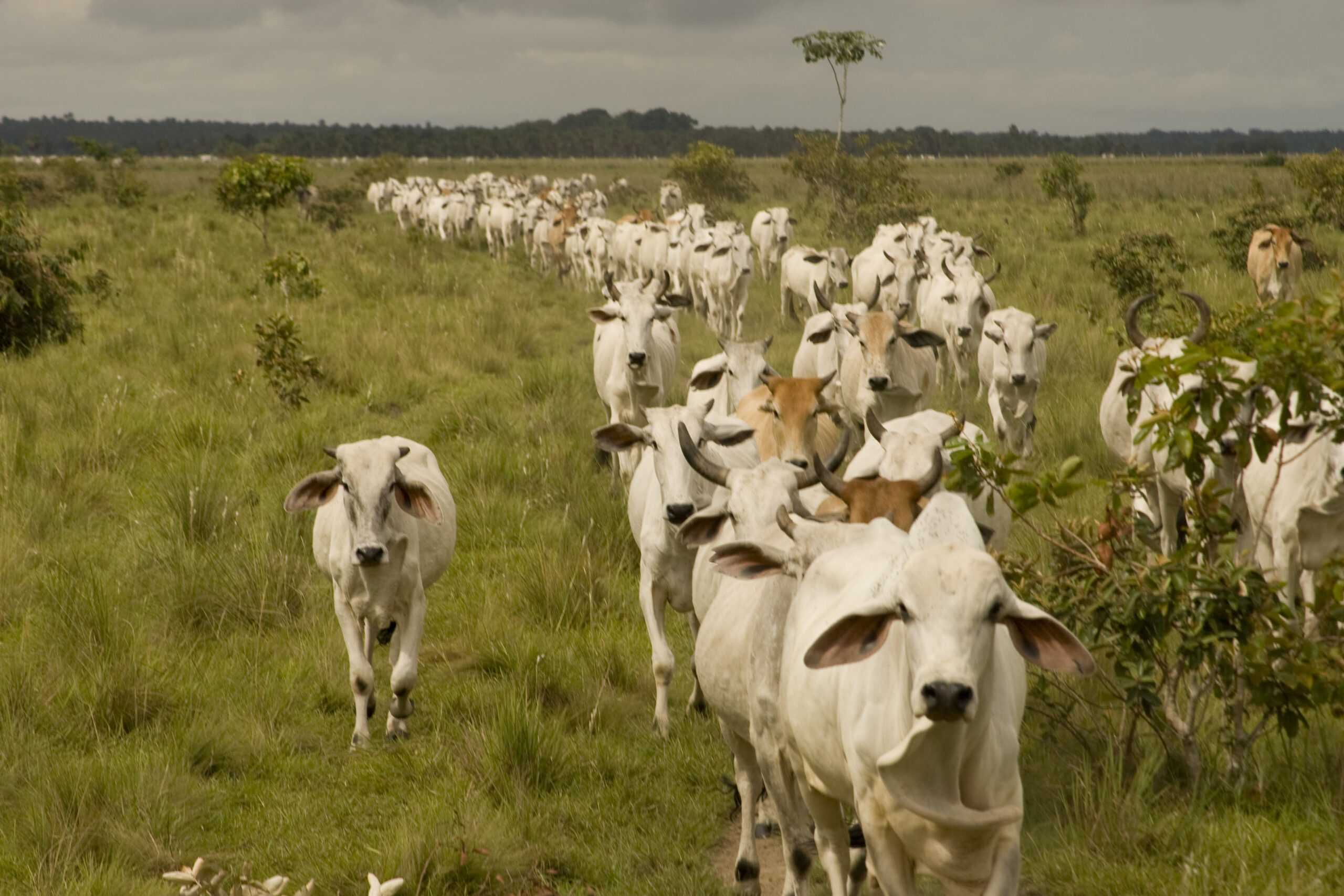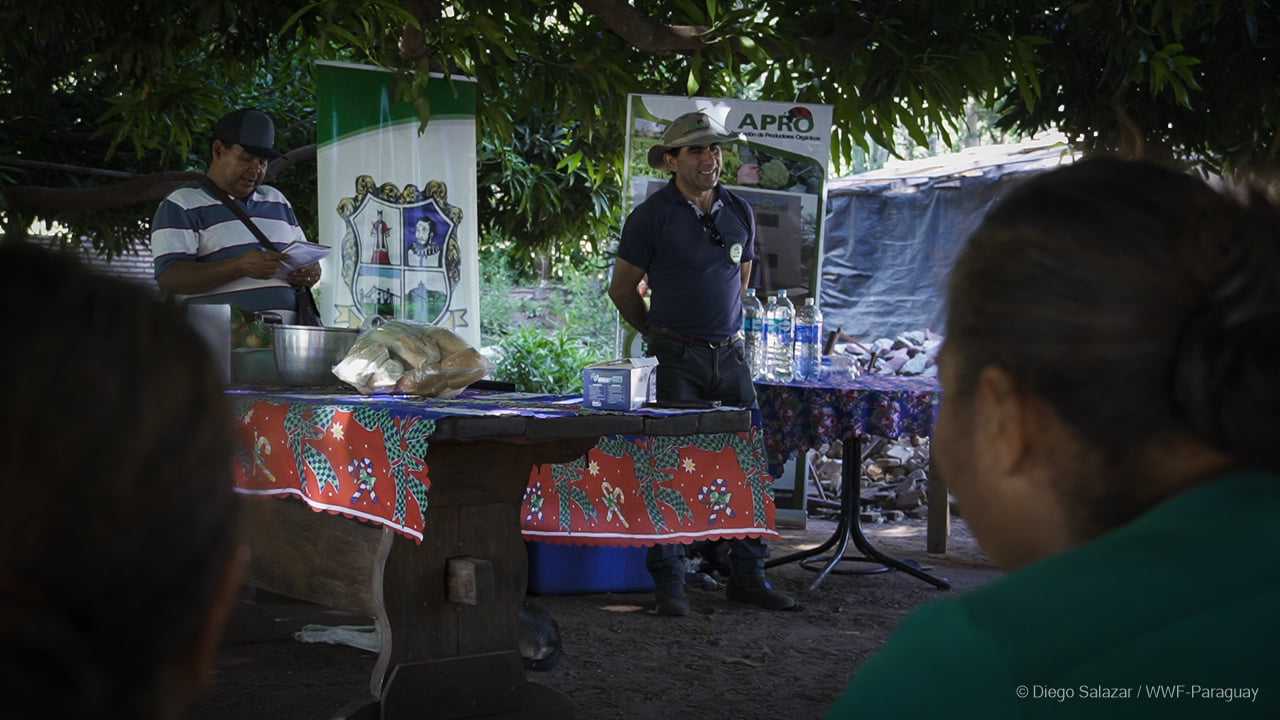For businesses
In the private sector, there is growing understanding of the need to develop sustainable supply chains and move towards low-carbon development, but there continue to be questions about how to do this and what the costs are.
Future Food Together helps key actors in the value chain gain knowledge of the economic, social and environmental benefits of sustainable consumption and production (SCP) and supports them with integrating SCP principles into their business strategies and operations.
Colombia
Sustainable sourcing and supply chain mapping are the main areas of our work with businesses in Colombia. A dashboard is being created to assist companies in monitoring their supply and shifting their purchasing practices toward sustainability. This supports the sector’s transition to sustainable business practices. We are also collaborating with Alqueria, one of Colombia’s top producers of dairy products, on initiatives pertaining to sustainable supply chains. Additionally, we collaborate with the largest retailer in Colombia, Exitó Group, to put zero deforestation promises for beef and palm oil into effect. For their suppliers of cattle, a mechanism for conservation agreements is being established. The joint work also includes support in adopting the AFI (Accountability Framework) principles.
Our Future Food Together Team in Colombia has developed a guide to support the private sector to transition towards more sustainable practices covering the commodities palm oil, livestock, milk, cocoa and fisheries.
© WWF Colombia
Paraguay
The two primary organizations that focus on agroecological production, Eco Agro and APRO, as well as farmers’ associations, are allies of Future Food Together. A consultant investigated the challenges smallholder farmers encounter while trying to access markets in collaboration with APRO. Possibile solutions to problems have been discovered through workshops and in-person interviews, including the development of associations, continuous platform strengthening, and access to safe funding. In order for multipliers to advance the project’s objectives in the future, we have also enhanced and expanded agro-ecological and organic agricultural techniques through seed breeding, training, and capacity building.
In order to help farmers access new market channels, we also work with supermarkets like Los Jardines.
© WWF Paraguay
Thailand
A key strategy of Future Food Together is to develop sustainable value chains by working closely with retailers and simultaneously creating consumer demand for sustainable food in urban and local areas. Over the past 4 years, we’ve established a partnership with Central Group, one of the largest retail conglomerates in the region. With Central Group’s reach, we’re creating new marketplaces – including supermarkets in Thai cities – for organically grown products from the project sites. In Thailand, we are working with businesses (Thai Stock Exchange, HSBC, Agoda, among others) to set up and finance a forest landscape restoration initiative in the Chiang Mai and Nan provinces (FLR349, include link).
Our team supports farmers with transitioning to diversified agroecological production and the organic produce they harvest are sold at local food and retail markets, generating income for the community and improving livelihoods.
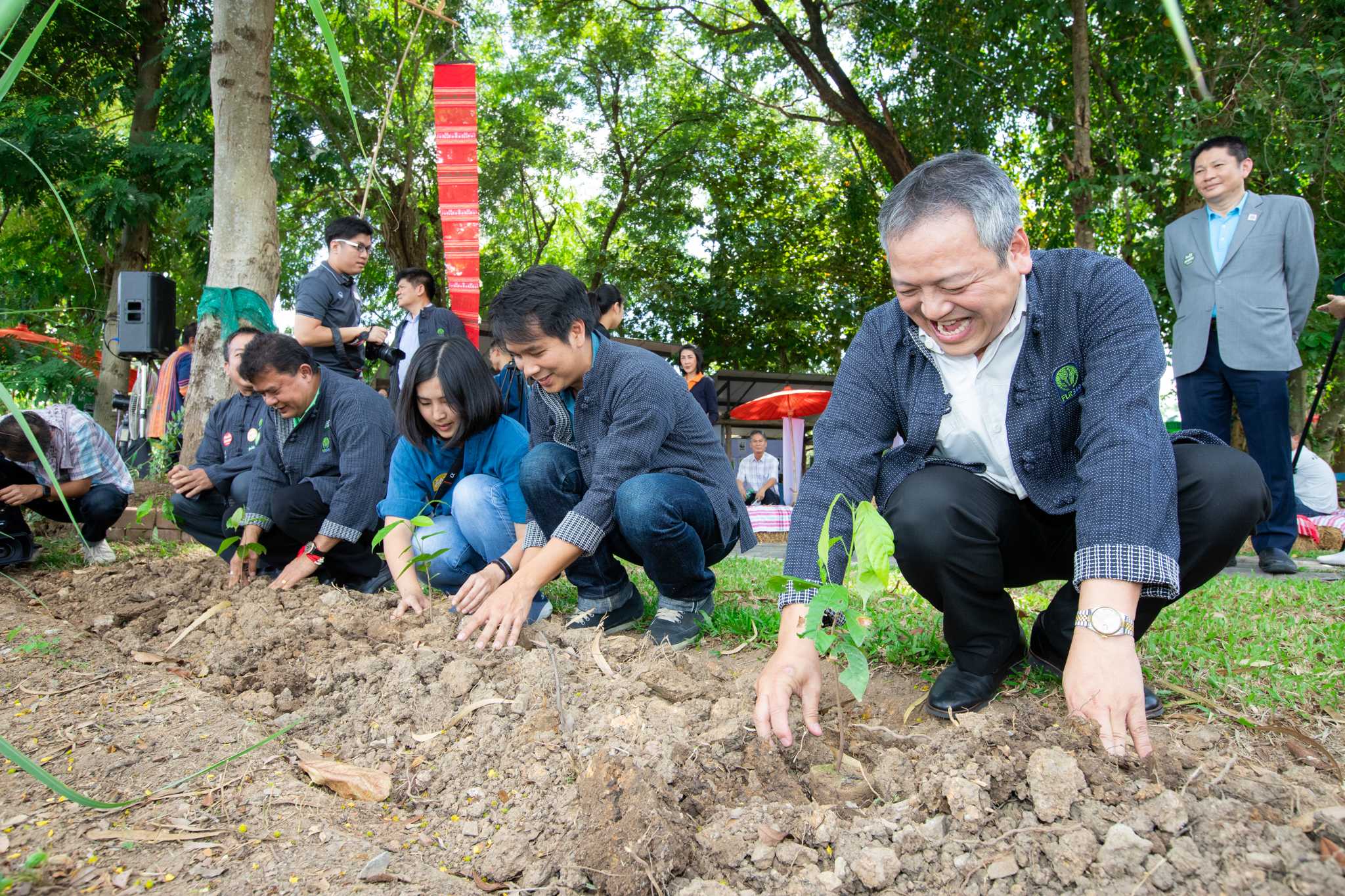
© WWF Thailand
Indonesia
In Indonesia, we collaborated with supermarket group Superindo on shifting its home brand cooking oil from conventional to certified RSPO oil. Cooking oil made from palm oil is widely used in Indonesia, and provided a sustainable alternative allows to communicate the importance of sustainable alternatives to the consumer.
In 2020, our team in Indonesia and the Indonesian Business Council for Sustainable Development (IBCSD) launched the “Sustainable Sourcing Guidelines”, a handbook to guide businesses in their efforts to build sustainable supply chains for their key commodities.
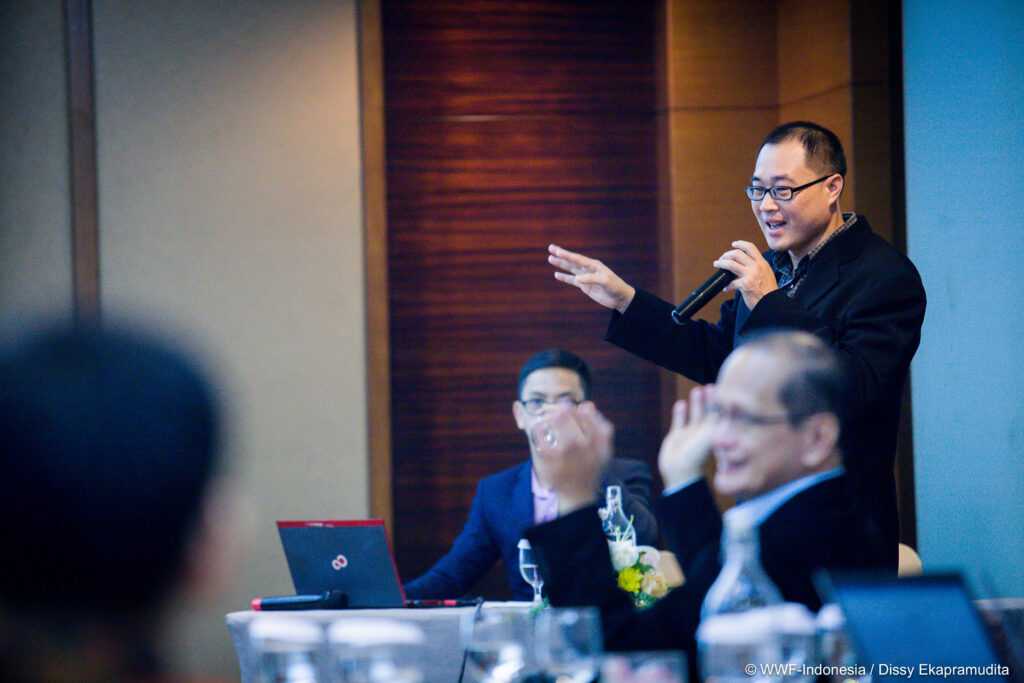
© WWF Indonesia
Philippines
Our efforts in the Philippines were aligned with one of the country’s biggest industries, tourism. We empowered the food service sector – restaurants and hotels – to implement more sustainable operations, with a special emphasis on reducing food waste. Providing support in the form of a life-cycle analysis helped restaurants determine where in the life cycle of their products and services the biggest impact occurs, and how to reduce it.
We moreover helped redefine the criteria for food service establishments to become part of the National Eco-labelling Programme, with the aim to make this certification more available to smaller food service establishments. A feasibility study determined the cornerstones for a possible food sharing programme for the Philippines. And a cost-benefit analysis demonstrated the positive long-term impact of running a food service business sustainably.
We worked with both the tourism ministry and the Hotel and Restaurant Association (HRAP) to conduct training sessions with the aim of promoting a mindset shift to prioritise sustainability in the wider industry.
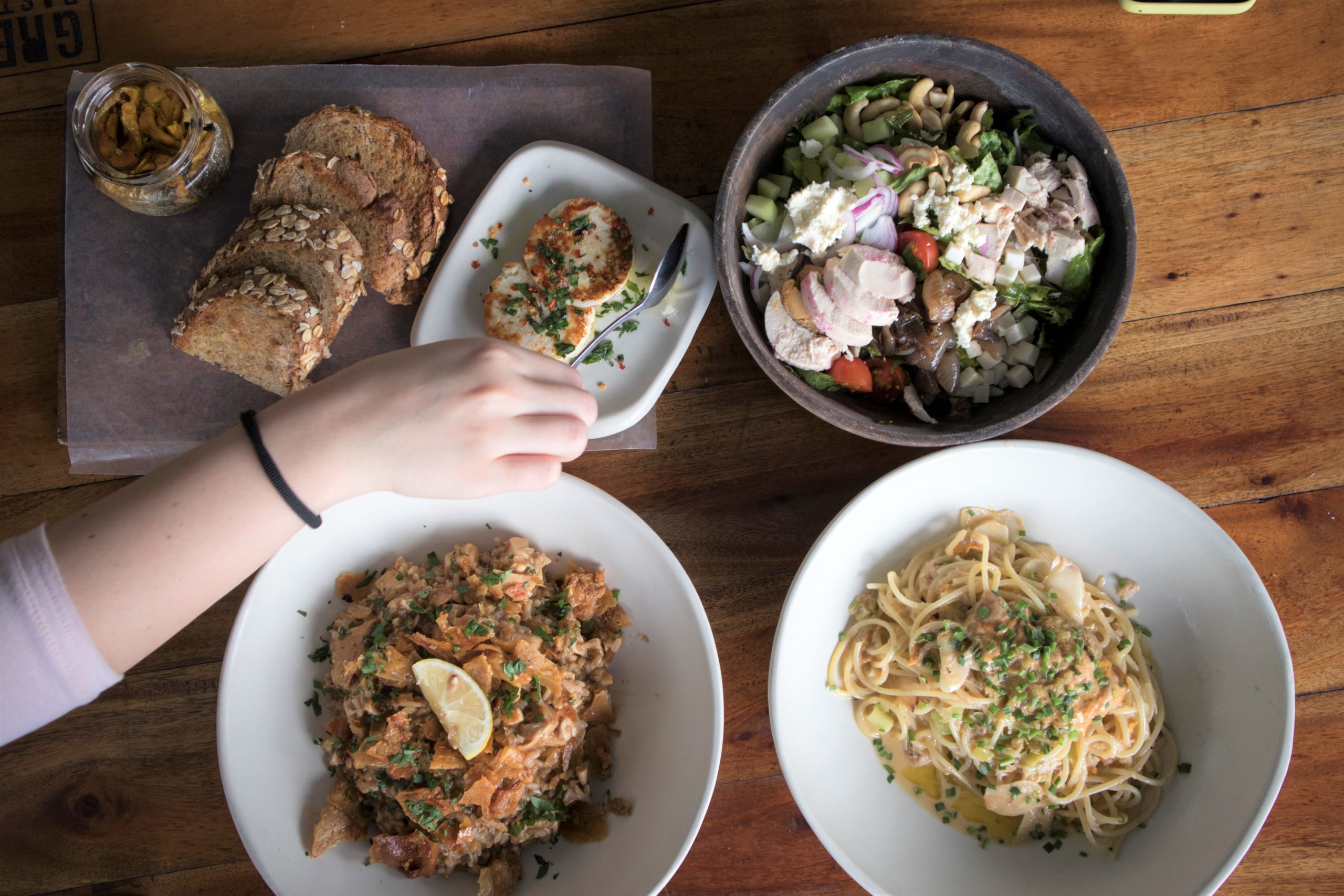
© WWF Philippines
Project News
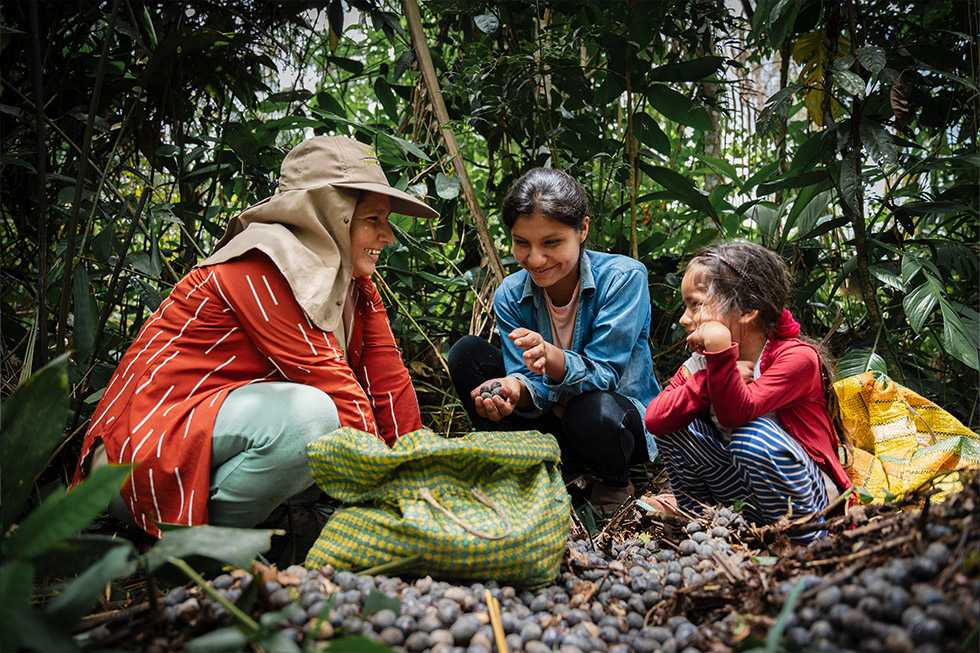
Want food systems that benefit people, planet and prosperity? Root them in equity
Our global food systems are ailing. They are not only unsustainable but also inefficient and unjust. A new WWF study shows that inequality lies at the root of today’s food crisis, and that this is not accidental: it is the result of historical processes and political choices – and so, it can be changed
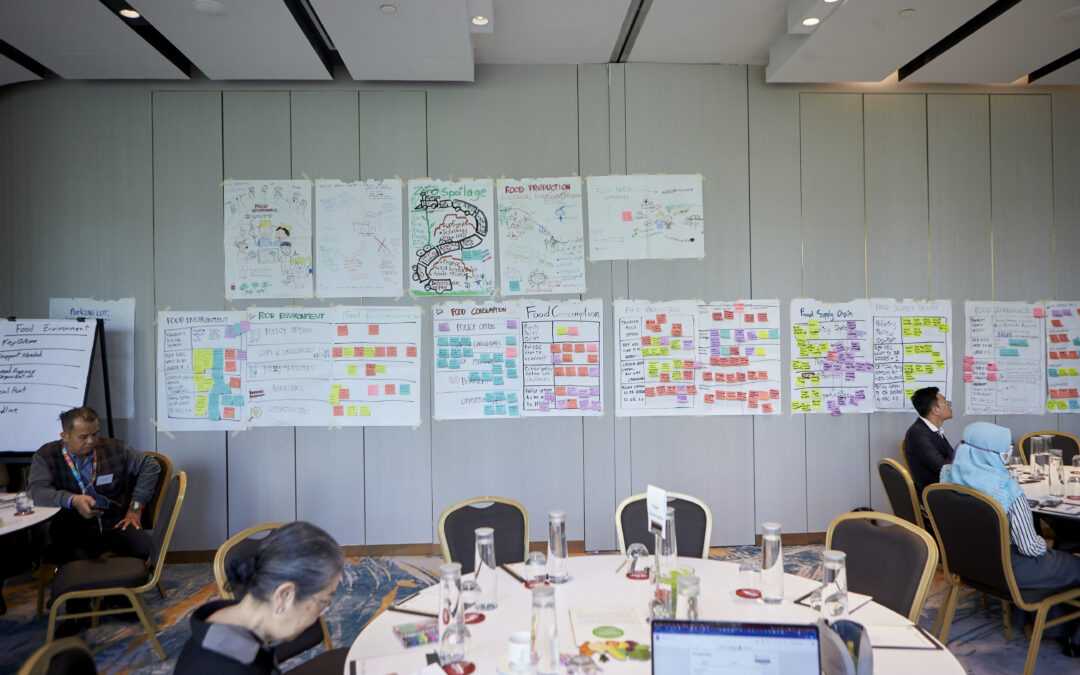
Integrating Food Systems into Climate Action: Lessons from Cambodia and Thailand
Both Cambodia and Thailand have recognized the importance of addressing climate change, but the integration of food systems into their NDCs remains a work in progress. Policymakers in both countries have the power to drive transformative change, but they need the right tools and knowledge to do so.
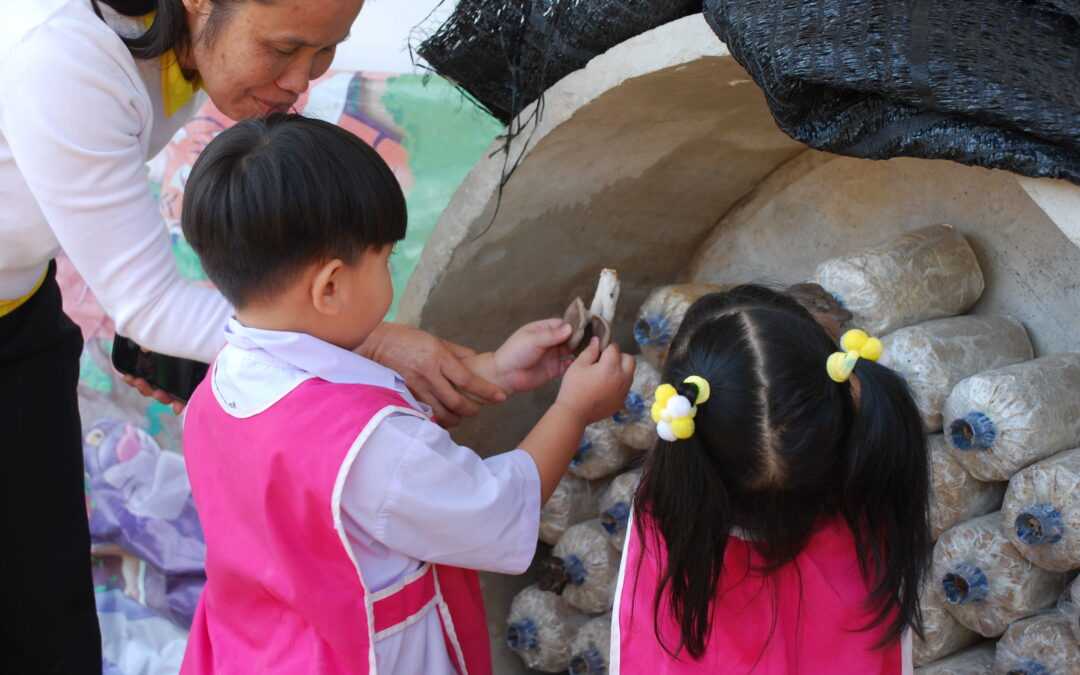
Thai School Lunch Initiative
How can we weave healthy and sustainable diets into everyday school life and get the young ones excited about good, nutritious food?

